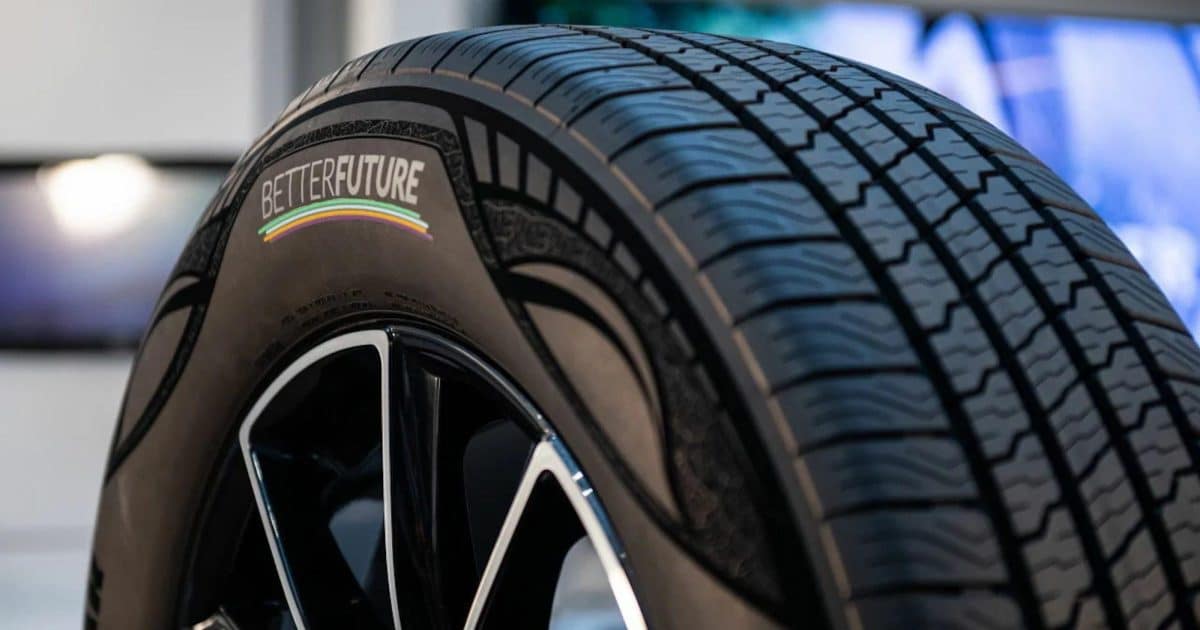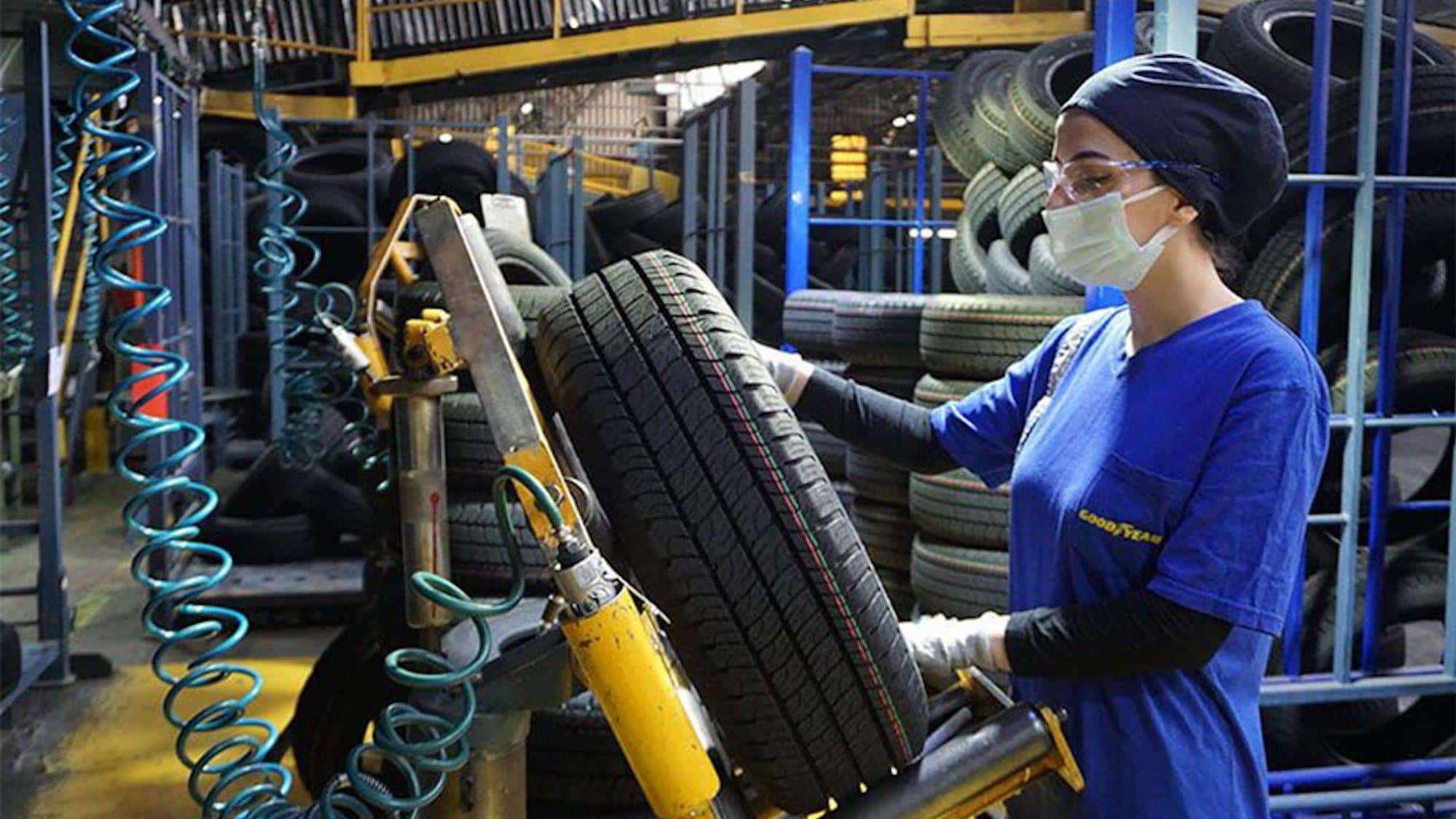
The industry of automobile tire evolves slowly. Manufacturers transform tires from year to year to make them more efficient and adapted to new automotive standards, without necessarily revolutionizing the market. In return, some manufacturers are developing products designed to be puncture-proof, and others are looking for solutions to make tires more environmentally friendly. Goodyear is one of the manufacturers who focus their development around ecology and announces the production of a tire made of 90% sustainable material.
A soybean oil tire
The tire made of 90% sustainable material presented by Goodyear will be constructed from 17 different ingredients. The composition of these new products will include sustainable and recycled elements to make them more environmentally friendly while maintaining the efficiency of traditional tires.

Soybean oil will be one of the materials used in its design. To keep the product flexible during temperature changes, the manufacturer usessoybean oil residue from food manufacturing. Another important material in its manufacture is carbon black. Traditionally made from burnt petroleum material, the carbon black used in Goodyear’s tire will consist of methane, carbon dioxide, vegetable oil and end-of-life tire pyrolysis oil.
Still aiming to integrate recycled material into the manufacture of tires, Goodyear will use recycled polyester from used plastic bottles. The resins used to improve the traction performance of tires also come from eco-responsible development. Traditional petroleum-based resins have been replaced with biorenewable pine resins.
Goodyear’s goal, like many other companies, is to produce tires made from 100% sustainable materials. The manufacturer explains that it wants to manufacture this type of tire by 2030.

Michelin and airless tires
Goodyear presents a new evolution in the field of the automobile, but the manufacturer is not the only one to want to slightly revolutionize the industry. In 2019, Michelin presented a prototype airless and puncture-proof tire. Baptized Uptis, the latter could represent an important development in the field. According to Michelin, the Uptis would be ecological, because 20% of the tires thrown away are due to punctures.
To be puncture-proof, this tire has no inner tube. It has been replaced by rubber bands resistant to road impacts. Michelin specifies that this tire would be more comfortable than traditional tires, and that their rolling would be smoother. The manufacturer General Motors has also indicated its intention to equip the next generation of Chevrolet Bolt EV with Uptis tires within 3 to 5 years.











